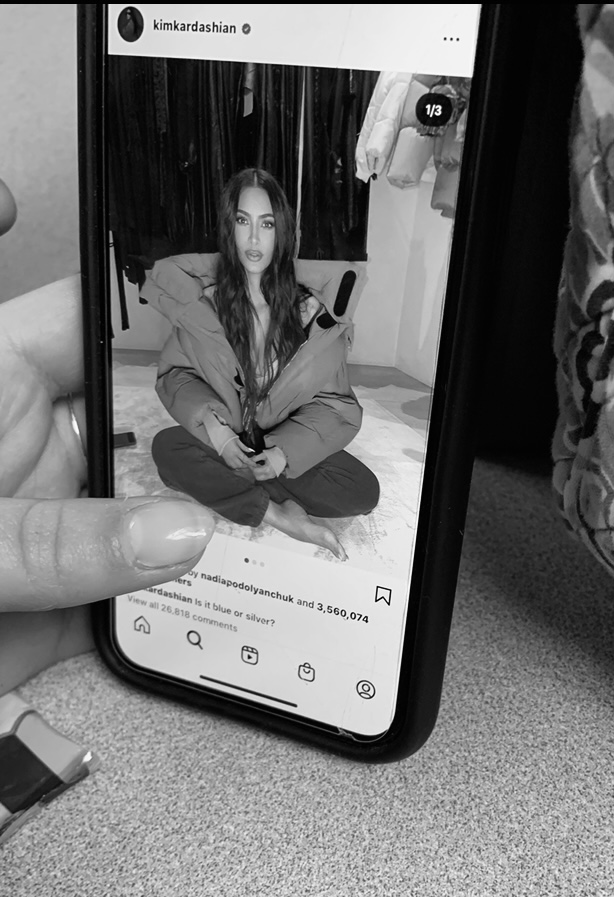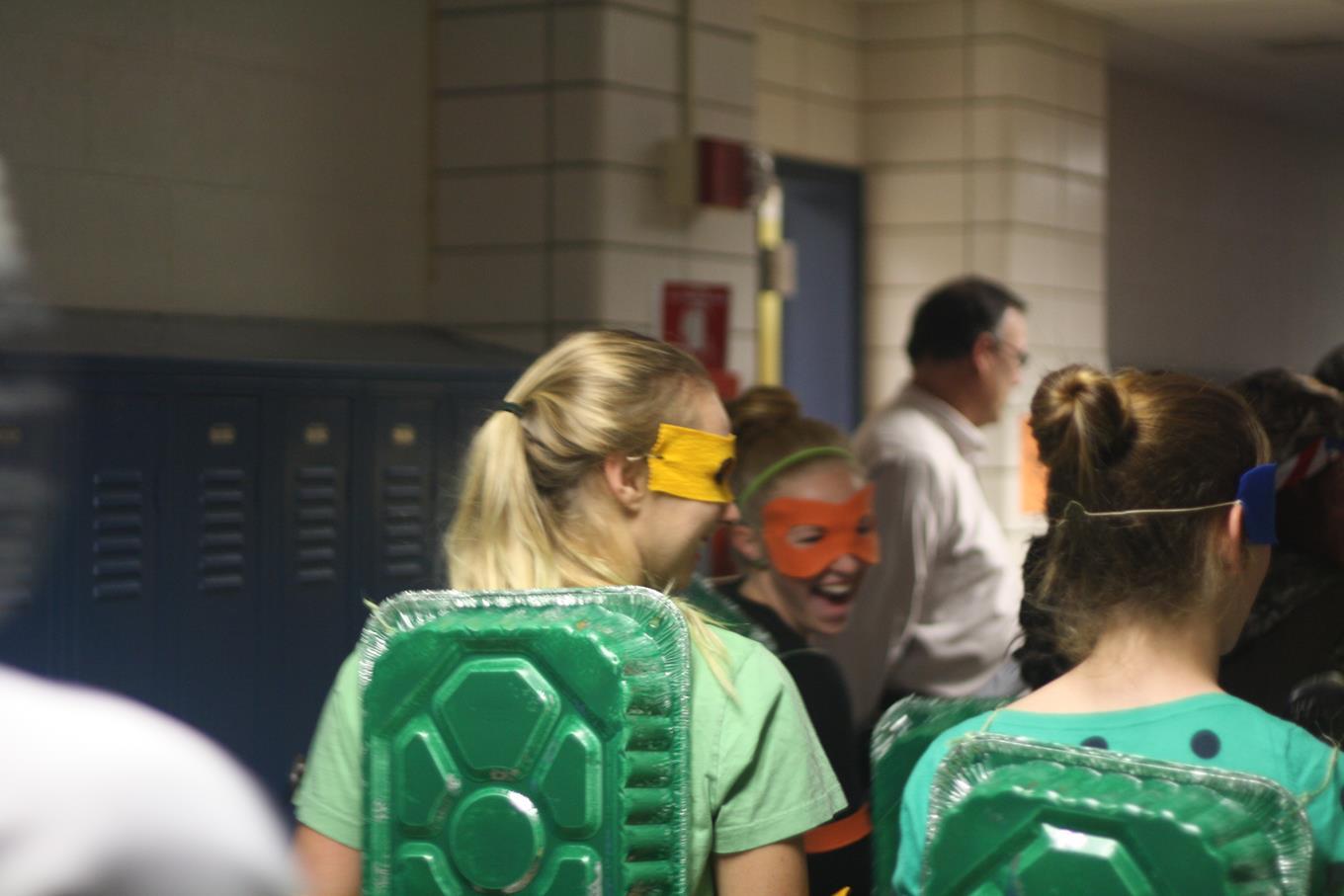How does social media affect our students’ mental health?
March 25, 2022
It’s no debate whether social media can be damaging to your mental health. No matter your age, seeing someone who looks perfect, or seems like they have their life together, can be quite discouraging. Not only can social media be damaging to your mental health or your physical appearance, social media can also consume a lot of your time, making it hard to do much else. In a 2018 study, researchers found that the excessive use of social media can cause memory loss, depression, sleep loss, and poor academic performance. One of the biggest discouragements is seeing influencers or celebrities on social media with ¨perfect bodies¨ – even if that means through surgeries and money – can still make people insecure. Talking to a female sophomore in our school, she said the Kardashians are a huge reason why she is insecure about her body image. This is completely understandable considering their influence over social media platforms.
Social media is like a rabbit hole as if you’re getting sucked in, and won’t escape for hours. Most teens find the go one social media for something specific, and the next time they look at the clock, it has been hours – making it a rabbit hole effect. This can damage your in-person social life, productivity, and relationships. When social media consumes your time, it’s leaving less time for productivity such as working, school work, studies, or extracurricular activities. Not only does it affect you, but it affects relationships and your social life. Of course social media is nice to have to reach out to people who aren’t from your area, but when it stops you from having real conversations with people around you, that can be an issue. Most students feel disconnected to their friends when they’re trying to have a conversation but all they do is endlessly scroll on Instagram or Snapchat not really listening.
Although social media can be helpful in situations, in the end too much of it is damaging to you and your mental health. In a 2018 study and according to the Journal of Social and Clinical Psychology, you should only spend 30 minutes per day on social media.
To start cutting back on social media, I would recommend cutting back a short amount of time each day. Instead of spending 2 hours on it when you get home from school, maybe try an hour and 45 minutes, and then the next day only an hour and a half. To keep yourself on track, you can use reminder apps or look at your screen time in Settings. Of course not everyone is perfect, and there are days where you spend a lot more time on social media than normal, and that’s okay! It is also important to remember to practice healthy habits and not be looking at your phone so much.








